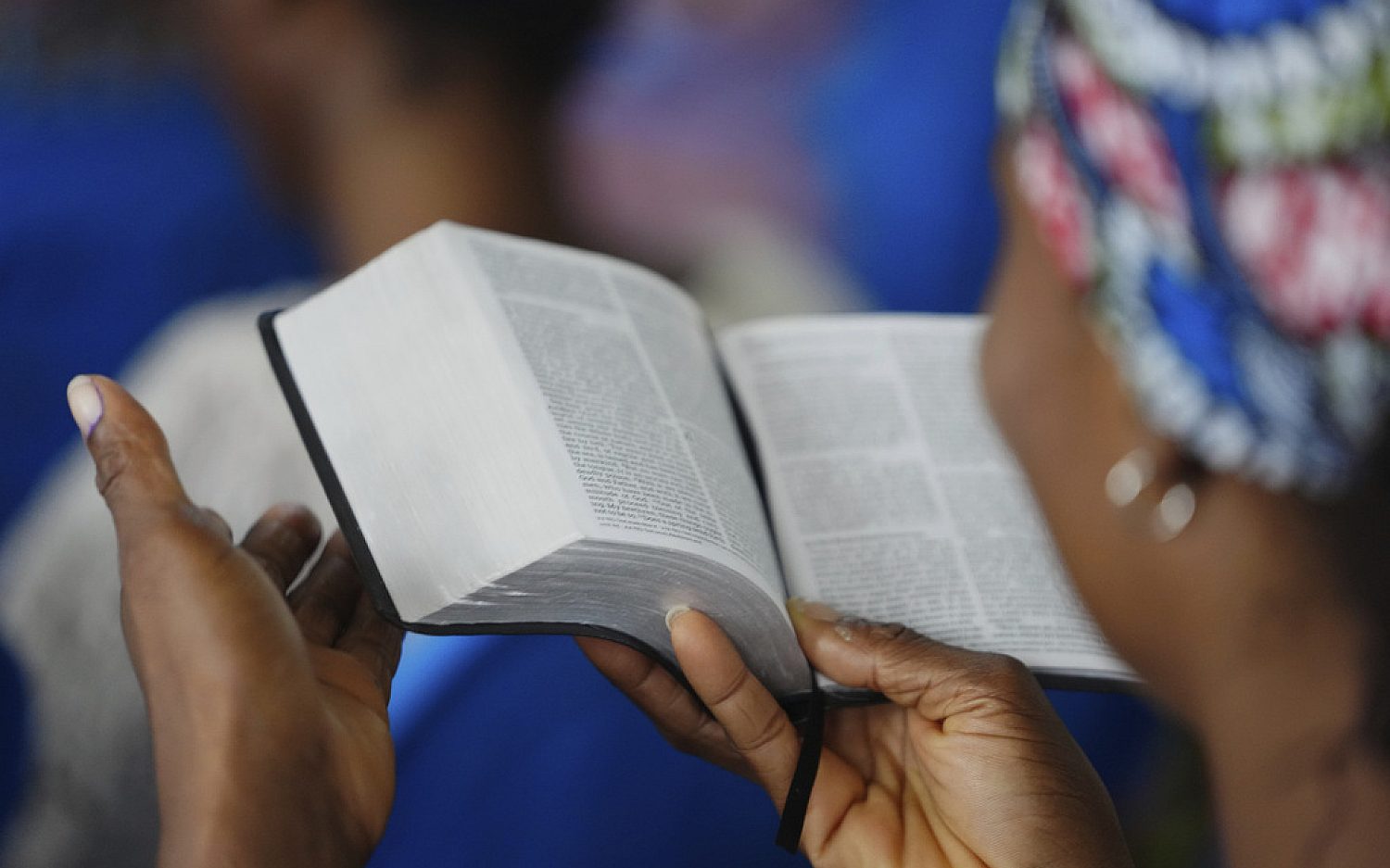Supreme Court agrees to hear marriage cases
The nation’s highest court will decide this term whether gay marriage must be legal in all 50 states
The Supreme Court on Friday afternoon issued tectonic news: It agreed to decide whether all 50 states must issue licenses for same-sex marriages.
It was only a matter of time before the court agreed to take up the issue, with circuit courts issuing contradictory rulings on state marriage laws. This fall the high court allowed many lower court rulings striking marriage laws to stand, expanding gay marriage to 36 states.
Then the 6th U.S. Circuit Court of Appeals issued a ruling upholding marriage laws in the states under its jurisdiction. The circuit ruled voters, not courts, should decide the issue of gay marriage. Ironically that decision created a split among the circuits, which triggers the Supreme Court to step in.
The court in its order today said it will consider two questions: One, whether the 14th Amendment requires states to license same-sex marriages; and two, whether states must recognize same-sex marriages performed in other states.
The court’s 2013 ruling striking a portion of the Defense of Marriage Act (DOMA) should raise concerns for traditional marriage supporters. Justice Anthony Kennedy wrote the majority ruling in the case, ruling in part in favor of states rights. But he also ruled that DOMA violated equal protection under the U.S. Constitution. He said DOMA created “second-tier marriages” and “humiliates tens of thousands of children now being raised by same-sex couples."
The opinion befuddled Justice Antonin Scalia, who called Kennedy’s ruling “legalistic argle-bargle.”
“If this is meant to be an equal protection opinion, it is a confusing one,” Scalia wrote in his dissent.
Kennedy seems likely to write a straightforward equal protection opinion in favor of gay marriage this time, but he is hard to predict.
“It does seem likely given the content of the 2013 Windsor decision,” said Russell Moore, president of the Ethics and Religious Liberty Commission of the Southern Baptist Convention. “Of course, the king’s heart is in the hands of the Lord, and the justices’ hearts are too, so something remarkable could happen. … But the signs seem to indicate that the court will redefine marriage.”
Kennedy, the court’s swing vote, believes in states rights and has a libertarian heart, but he has also written all three of the major gay rights opinions of the court thus far. At the oral arguments in the DOMA case, Justice Samuel Alito—perhaps appealing to the libertarian Kennedy—suggested the government didn’t have the right to be defining the term “marriage” at all, but should rather use a term like “certified domestic units.”
Moore echoed a similar idea, if not in Alito’s legal terms.
“Government recognizes marriage, it does not create marriage,” he said. "No matter what the Supreme Court does, we still have a marriage definition crisis in the country. … The church should be getting ready for ministry in a post-marriage culture. We should have been getting ready for a long time.”
The court consolidated four marriage cases from Michigan, Ohio, Tennessee, and Kentucky, all states under the 6th Circuit’s ruling. The justices will hear an exceptional two-and-a-half hours of arguments on those cases. Usually the court only allots one hour of arguments for each case. The hearings likely will take place toward the end of April, and the court should issue an opinion at the end of June.
An actual newsletter worth subscribing to instead of just a collection of links. —Adam
Sign up to receive The Sift email newsletter each weekday morning for the latest headlines from WORLD’s breaking news team.





Please wait while we load the latest comments...
Comments
Please register, subscribe, or log in to comment on this article.